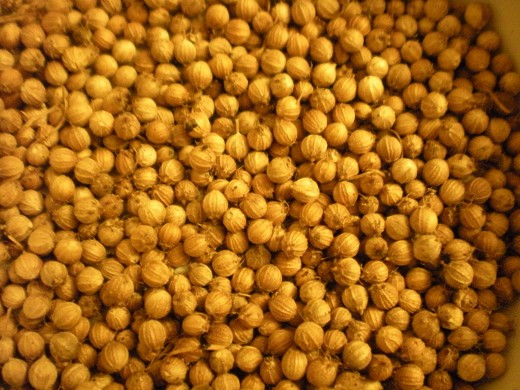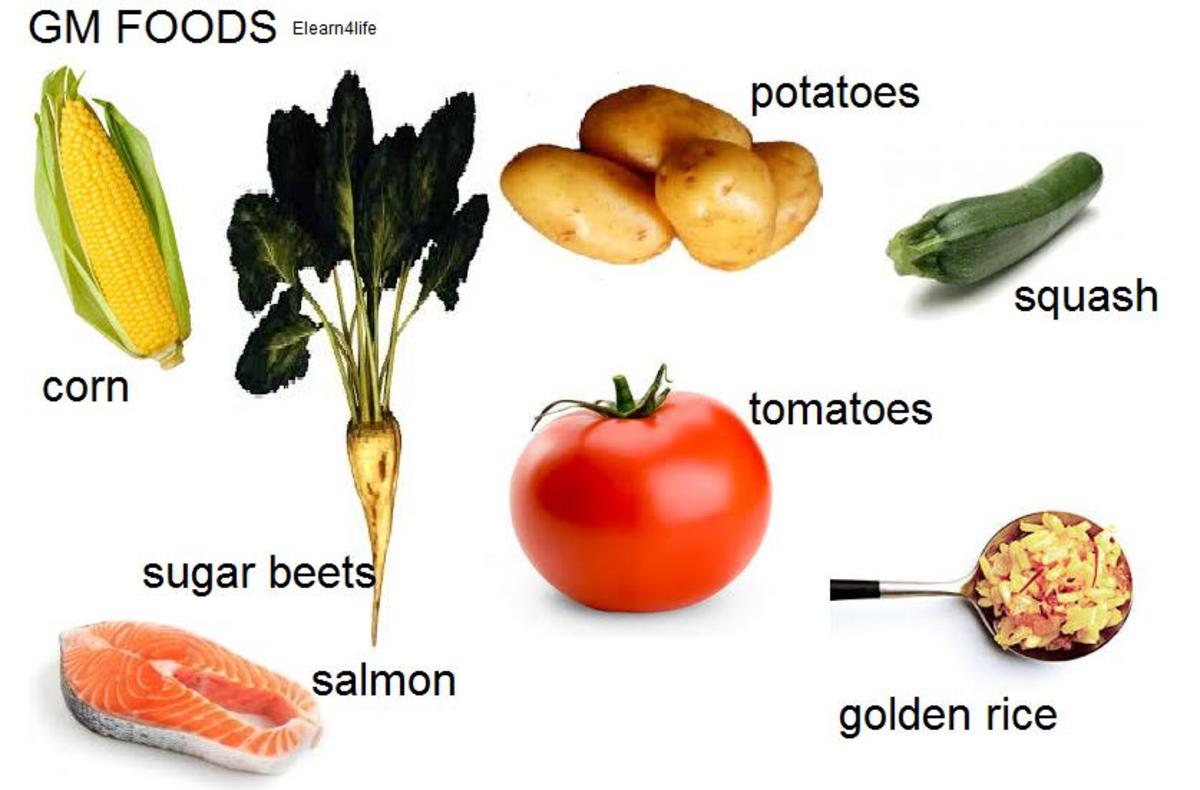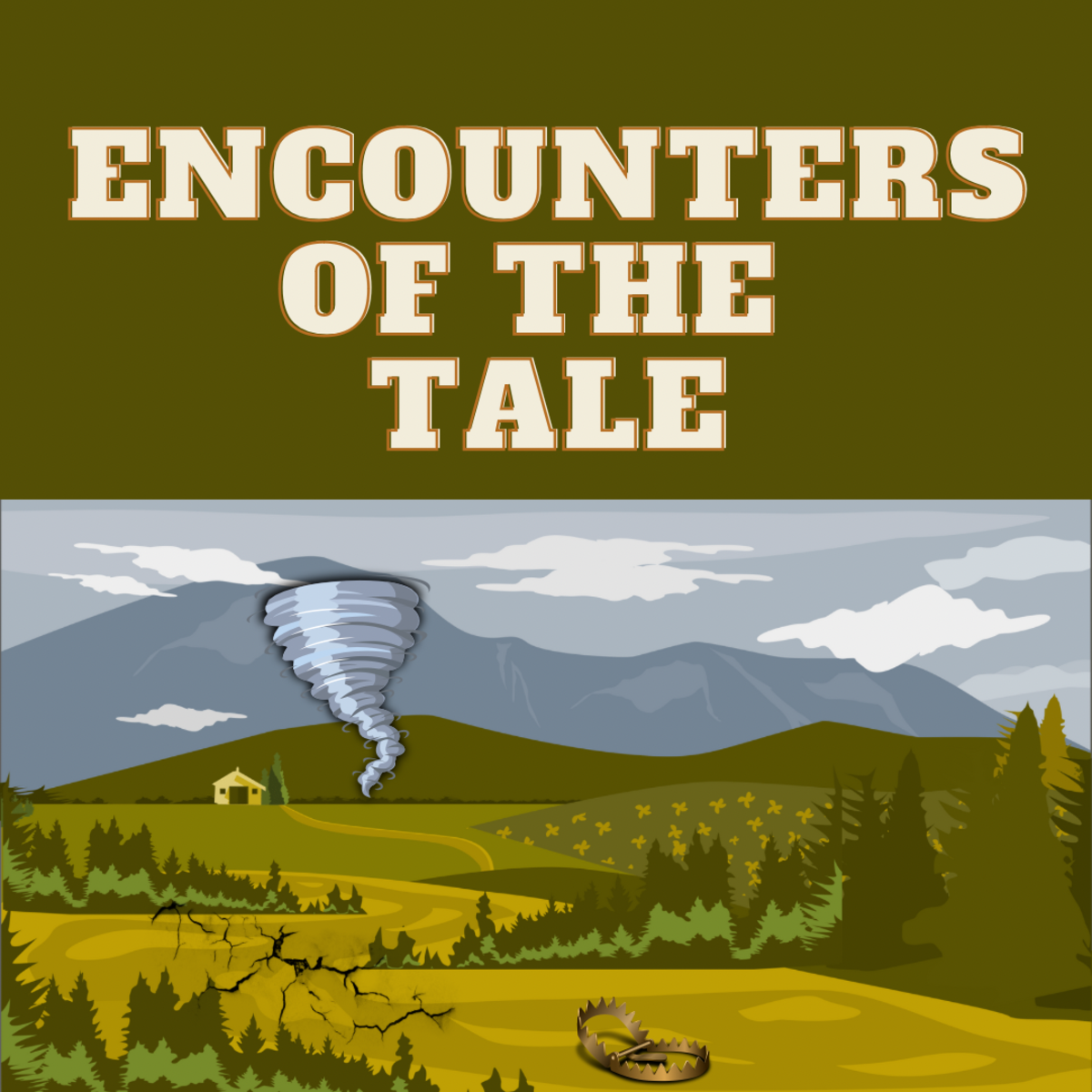The Problems with GMOs

Maybe you’ve heard the slogan "Say No to GMOs!" Or seen the Non-GMO Project Verified seal on your food.
Or maybe you’ve heard the term ‘Frankenfood’ to describe the genetically modified (GM) food. But what exactly are GMOs and what are the dangers associated with it? The issues are too numerous to exhaust here, but the main areas of concern regarding GM food and agriculture fall under three categories:
1) environmental
2) human health
3) and economic hazards.
Definition and Overview
GMO stands for Genetically Modified Organism. Some people to be clearer use the term Genetically Engineered Organism, or GE. That’s because while farmers have been "modifying" the genetic code of their crops using selective breeding since the beginning of agriculture, the term "engineering" more clearly describes an unnatural process that takes place in a lab. Scientists use either a "gene gun" or DNA penetrating bacteria to insert the foreign genes.
How widespread is this technology? In the United States, 91% of soybean, 85% of maize, and 88% of cotton (cottonseed oil is used in food) is GMO. That means - if you eat any sort of processed food - you're consuming GMOs.
GMO Alfalfa Video
GMO alfalfa was just recently approved by the US Department of Agriculture, though it has been appealed in court by protesting non-profits.
This video is a lively illustration of the hazards of GMO alfalfa and GMOs in general.
1) a. Environmental Hazards of GMOs: Increased Pesticide Use
Several major crops have been engineered to be Glyphosate Tolerant (GT), including soybean, maize, cotton, canola, and sugarbeets.
This technology was first developed by Monsanto, under their brand name "Roundup Ready" engineered crops that were resistant to their herbicide Roundup (glyphosate). Glyphosate is one of the most widely used herbicides in the United States. (An herbicide is a poison used in agriculture to kill weeds.) The technology was supposed to allow farmers to spray their fields without worry of harming their crops. But because they no longer have to exercise caution, farmer are tempted to load on the herbicides.
So in fact, GMOs have led to a documented rise in herbicide use in the United States, and herbicides contaminate our water, damage wild ecosystems and are detrimental to our health.
1) b. Environmental Hazards of GMOs: Superweeds
As well as hurting the natural environment, Glyphosate Tolerant GMOs are also hurting agriculture. Because of the seeming benefits, farmers are overusing and choosing to only use glyphosate herbicide on their farms, whereas before they used a wider array of products. This unfortunately has the same effect as heavily using the same antibiotic in a population: you develop superbugs that are resistant to the medicine. Agricultural organizations are reporting a steady rise in the incidence of superweeds across the US – weeds that have developed a resistance to glyphosate and are hurting farmers.
A farmer suffering from superweeds can only try to pour more toxic herbicides on their fields, and resort to older methods such as plowing or even pulling by hand.

2) Human Health Hazards of GMOs
Depending on who you ask, the science of GMOs effect on our health is inconclusive or suggests a high health risk. Some studies show that animals who eat a GMO diet have liver, kidney, or sexual organ failure. Other studies show no conclusive effects. In any case, some GMO toxins have been found to remain in our blood stream. Of particular concern is the effect this has on fetuses.
The Food and Drug Administration has not taken a stance on GMOs. However grassroots efforts are underway; spring 2012, the Just Label It campaign group submitted a petition with a million signatures to the Food and Drug Administration, asking for a nation-wide GMO labeling policy.

3) Economic Hazards of GMOs
Agrochemical and seed companies such as Monsanto, Syngenta, Bayer, and Dupont are motivated to develop new GMOs that can then (under current law) be patented. And when it comes to patenting pesticide-resistant GMOs, for them it’s a double whammy: sell the pesticide-resistant crop with the coupled pesticide. Thus they have every motivation to convince the public and the government that society needs GMOs to feed a growing world population.
Farmers have always prepared for their next season by saving seeds from the crops that do best in their field. But when using patented seeds, farmers are required to buy seed year after year, inflicting added costs to our food system. Furthermore, agrochemical companies will sue farmers for growing their patented product illegally. Often the farmer didn’t intend to use the patented product, but wind pollination can carry seed for miles from a GMO farm to a non-GMO farm and cause genetic "contamination." The most famous case is of Canadian farmer Percy Schmeiser vs. Monsanto.
How to Avoid Eating GMOs
Avoid eating processed foods - those food products found at the center of the grocery store - as many contain high fructose corn syrup or soy lecithin. And mentioned, over 90% of soybeans and over 80% of corn grown in the US are GMO.
Buy organic. The USDA certified organic label indicates products with no GMO ingredients.
Use the True Food Network's Non-GMO Shoppers' Guide. It can be obtained in a paper pamphlet form or as an iPhone application, and lists food brands to look for and avoid.
Add your voice to the petition to the FDA to label genetically modified foods!








